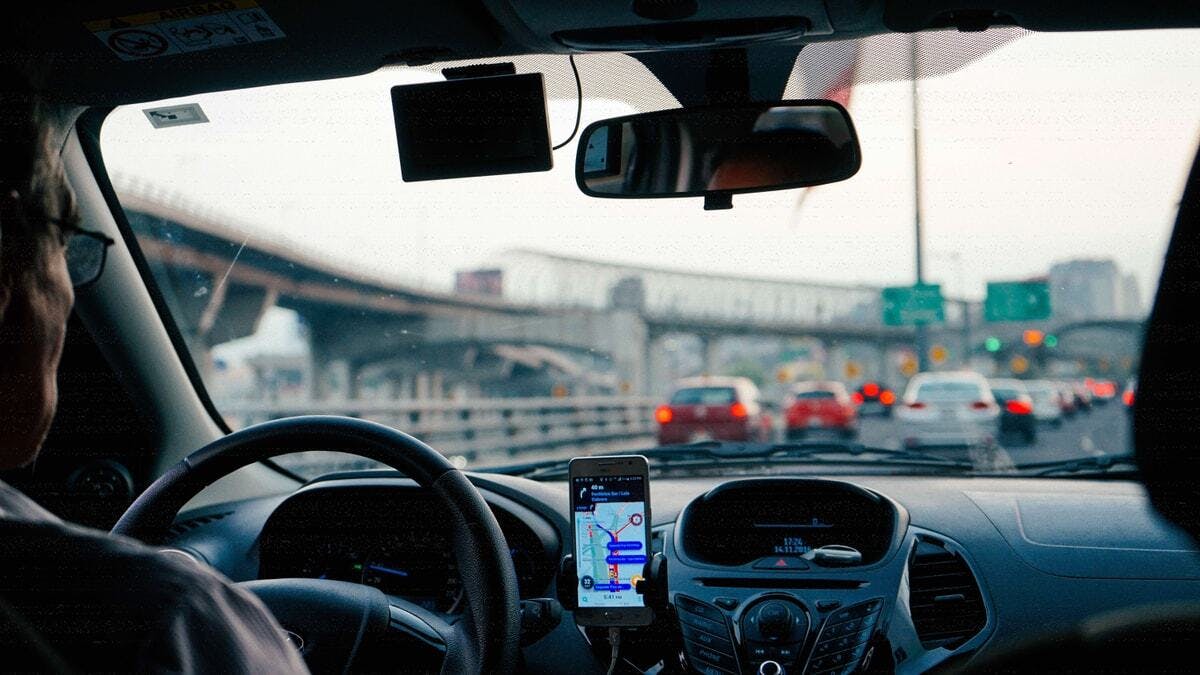How to Check a Vehicle Identification Number

Running a vehicle identification number (VIN) check (also known as a Vehicle History Report or VHR) on a vehicle can give you a lot of information about that car’s historyTrending What Vin Number Can Tell You Defensive Driving. There are good reasons for checking the VIN on a used car before buying it, as it can alert you to potentially concerning facts in its history.
Types of VIN
Not all VIN checksVincheck are the same. Some only provide limited information, such as whether or not the car is reported stolen. Other checks give you comprehensive information on past ownership, accident history, factory recalls, and even maintenance information for that vehicle. Free VIN check reports usually give you more basic information, and more detailed checks usually cost between $20 and $40.
How to do a VIN Check
A VIN check starts with the vehicle’s VIN. You can usually find this number on a small plate attached to the driver’s side of the front windshield, visible from the outside of the car looking in. The VIN is a combination of 17 numerals and letters unless the vehicle was manufactured before 1981. Vehicles made before 1981 may have a shorter VIN, but they are usually located in the same place on the dashboard.
Next, take the VIN to a government-sponsored VIN check service, such as the National Insurance Crime Bureau (NICB) or the National Motor Vehicle Title Information System (NMVTIS), or to a third-party, private VHR provider.
NICB provides a free VIN check for stolen vehicles, and NMVTIS offers links to multiple VIN check and VHR providers. Remember to access a VIN check website from a computer connected to a printer so that you can print out the report.
What a VIN Check Can Tell You
Depending on where you get the VIN check, you can find out information such as:
Ownership history
Odometer readings at changes of ownership
Title history, including accidents, flood damage, and salvage titles
Liens on the title
You can also find out information about “lemon” status, a designation given to some defective vehicles with factory recalls. Some reports also include information about servicing records and sales at auctions.
When to Run a VIN Check
When you buy a used car, a VIN check can save you a lot of trouble. By checking the VINWhy Run.php Vehicle History you can avoid buying a car that is stolen, salvaged, or has a severe accident history. It can also potentially reveal an incorrect odometer reading and tell you where the vehicle has been registered.
Knowing which parts of the country the car has been driven in can make you aware of potential hidden problems, such as salt damage under the vehicle from operating in states with icy road conditions.
When you sell a used car, running a VIN check before you put it up for sale can alert you to problems with the title or other issues you are not aware of. You can also offer a VIN check report to potential buyers to boost their confidence in buying your used vehicle.
0Take an I Drive Safely Defensive Driving course and earn a discount on your auto insurance!

7 Surprising Signs of Aggressive Driving
What is the difference between being an assertive and aggressive driver? It's not simply to road rage or not to road rage. Not knowing can increase your insurance costs and possibly endanger lives. Are you constantly over the speed limit? Does yellow mean go faster? There are over 5 million car accidents annually. Know the facts. Drive safely. Enjoy the ride.

Tips To Pass Your DMV Behind-the-Wheel Test
Here are the necessary things you need to know to pass your DMV behind-the-wheel drivers license test.

5 Crazy Cases of Road Rage
We all get heated behind the wheel sometimes, but some drivers have let their anger turn dangerous. Here are five of the craziest road rage incidents we could find.
Looking for more driving resources?
Enter your email for deals, study materials, car maintenance tips, insurance savings, and more.

